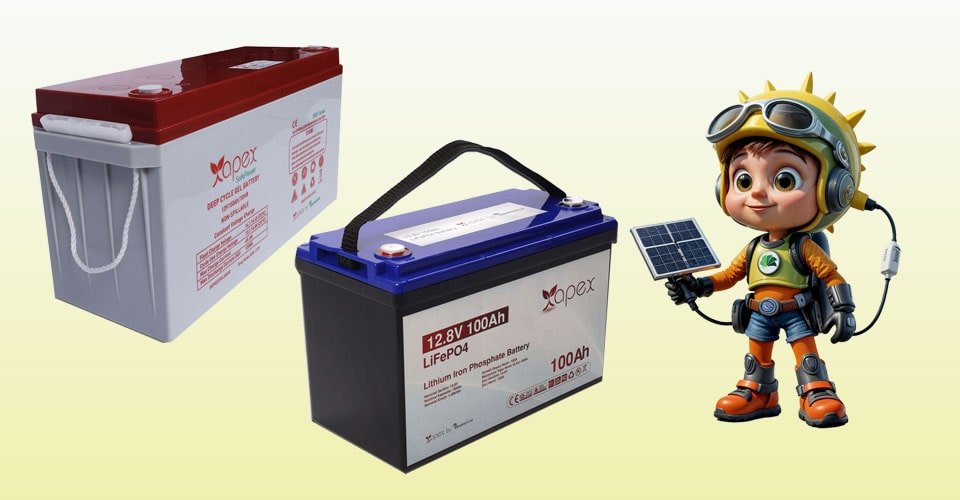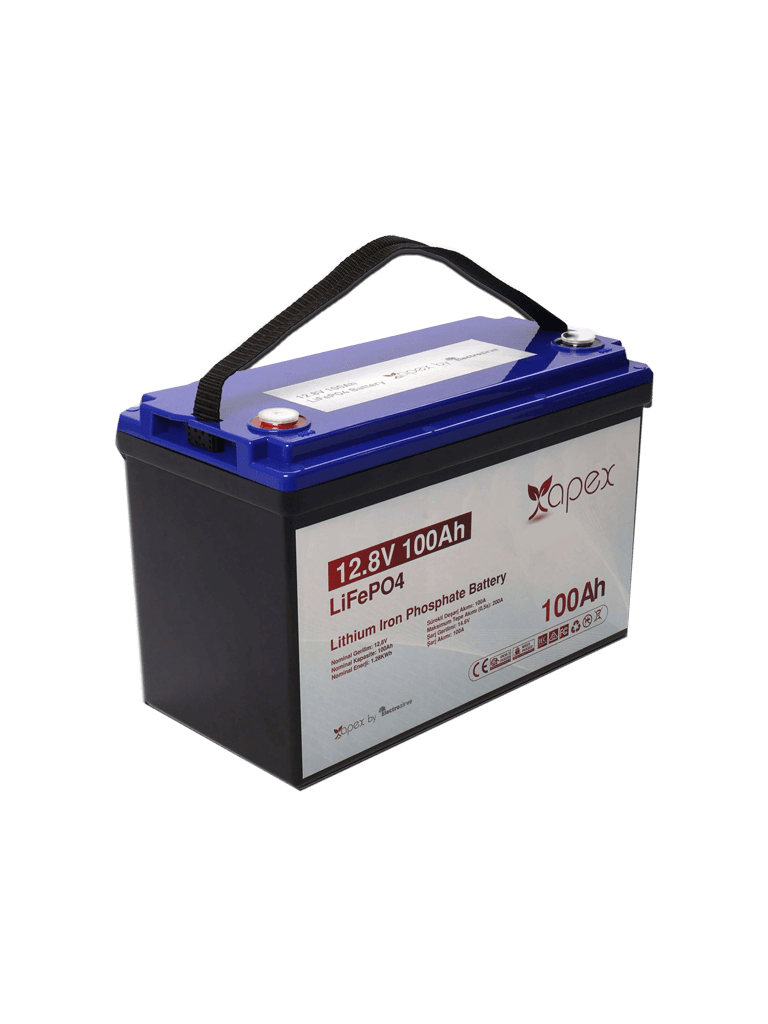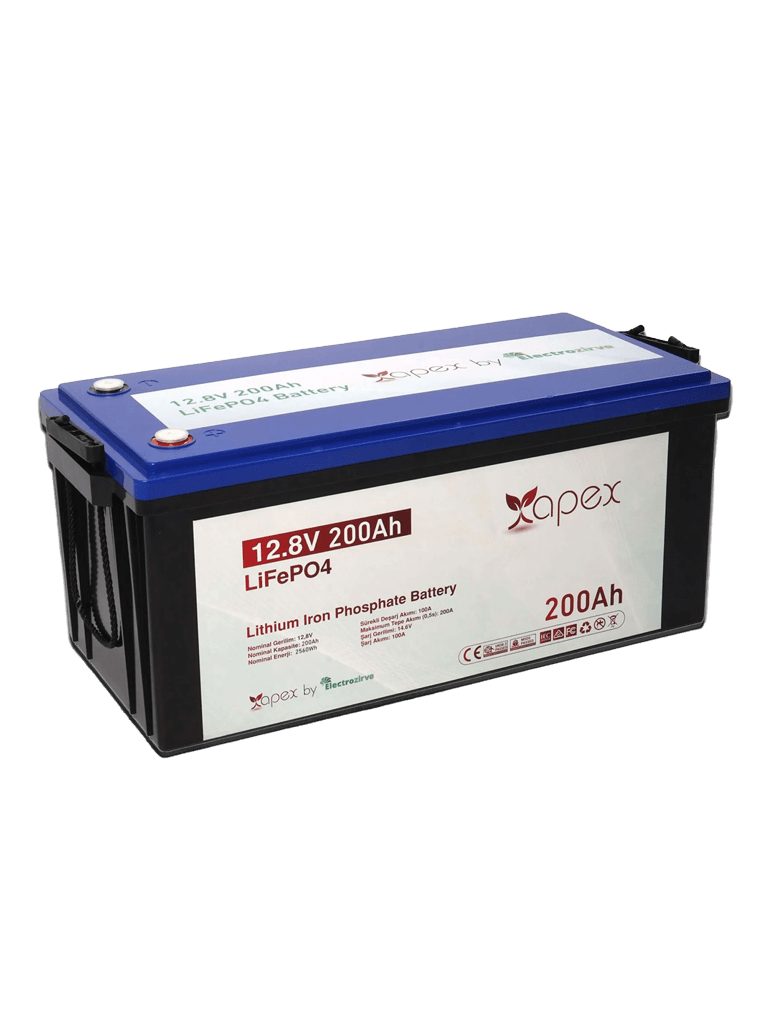The main difference lies in performance, chemistry, and application. Regular batteries, often referring to lead-acid or alkaline types, are heavier, have a shorter lifespan, and offer lower energy density. In contrast, lithium batteries (especially LiFePO₄) are lightweight, have a much longer cycle life, charge faster, and provide higher energy efficiency.
Key differences include:
-
Weight: Lithium batteries are significantly lighter.
-
Lifespan: Lithium batteries last 5–10 times longer.
-
Charging Speed: Lithium charges faster than regular batteries.
-
Maintenance: Regular lead-acid batteries may require maintenance; lithium batteries are maintenance-free.
-
Efficiency: Lithium offers up to 98% efficiency, while regular batteries are lower.
Due to these advantages, lithium batteries are preferred in solar systems, electric vehicles, and mobile energy solutions.







